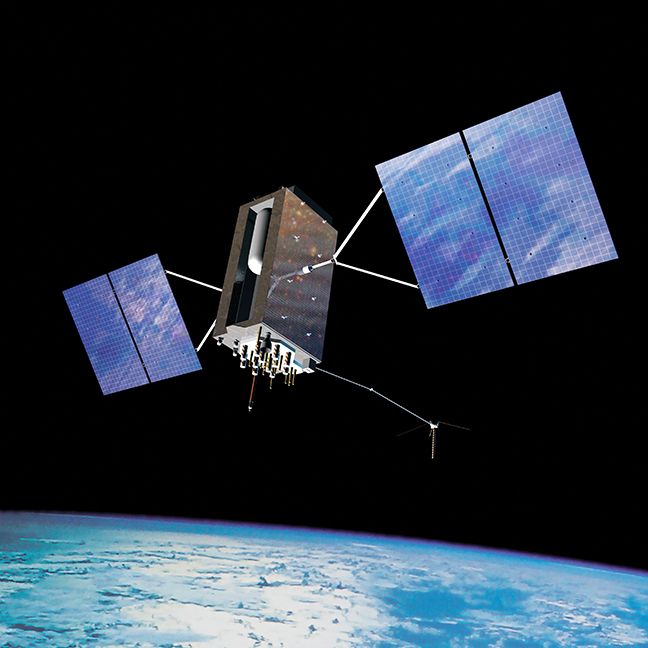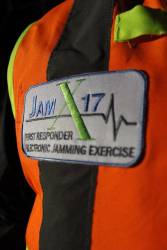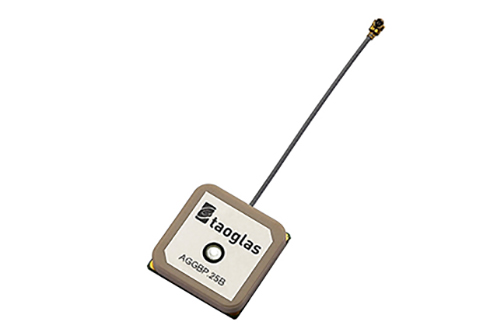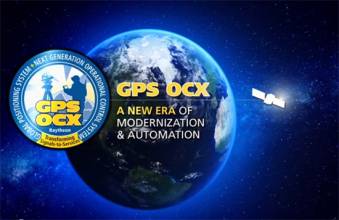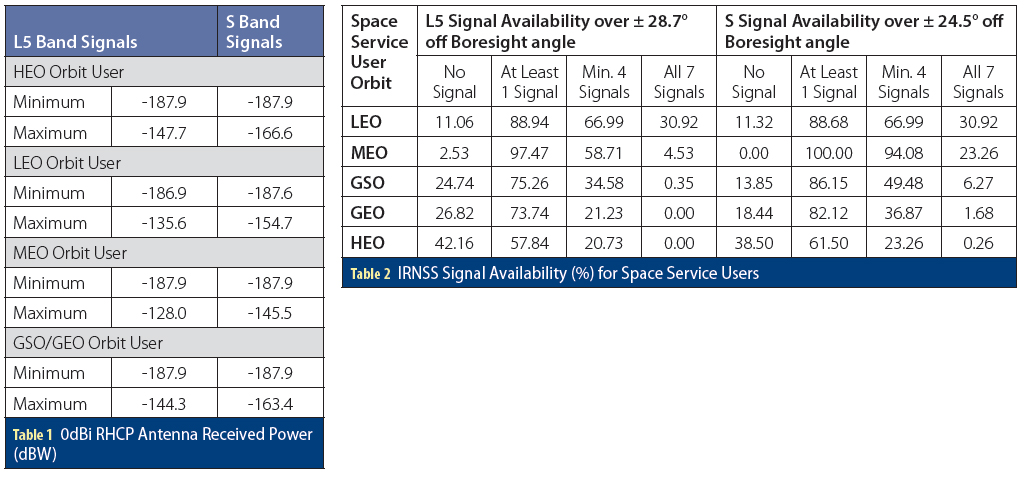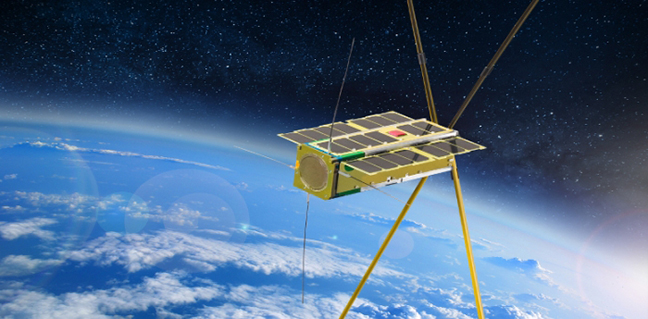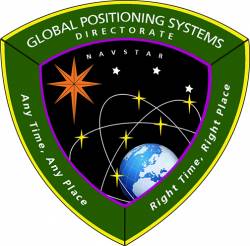Air Force Weighs Shorter Lived GPS Satellites
The U. S. Air Force is weighing shortening the design life of the GPS satellites it buys after it finishes filling out the constellation with the final tranche of GPS III spacecraft.
Space Command reached out to the industry late last month asking for feedback on the ramifications of scaling back on the elements that make the GPS space vehicles (SVs) the “Energizer Bunnies” of space — the satellites that just go and go and go.
By Dee Ann Divis
